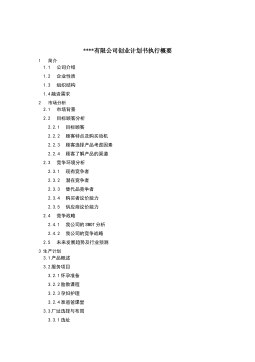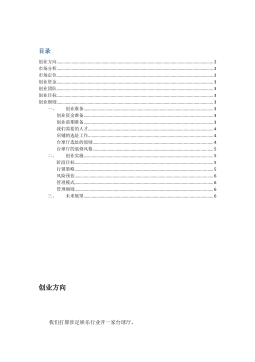USST_Arts_112040594国际游资对我国金融市场的影响 ——基于MS-VAR模型的实证研究
国际游资对我国金融市场的影响——基于MS-VAR模型的实证研究摘 要在全球金融经济自由化和一体化的大浪潮下,随着我国金融市场体制改革的进程不断深化、人民币汇率形成机制的不断完善、利率市场化改革的步伐不断加快以及资本与金融项目的逐渐开放,金融市场的渐进开放趋势也日渐明朗。加之,我国的经济在近年来一直保持高速的增长、国际收支项目持续双顺差、人民币升值压力日益增加,国际资本受到投机套利动机的驱使,必然大量流入我国,投机性国际游资也会循各种渠道相伴而来,并通过多种途径进行投机,以期获得高额收益。防范与未然,我们必须认真吸取上世纪末由国际游资冲击引发的一系列金融危机的教训,探索出一条适合我国金融、经济发...
相关推荐
-
公务员思想政治教育研究VIP免费
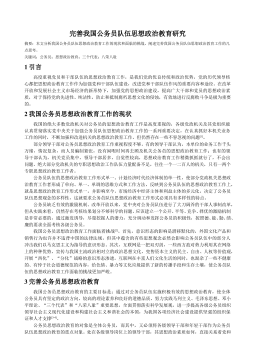
 2024-10-15 59
2024-10-15 59 -
在线社会网络中用户行为的实证分析与机制建模研究VIP免费
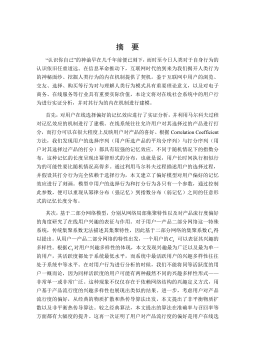
 2025-01-09 12
2025-01-09 12 -
智能优化方法对神经网络的改进及应用研究VIP免费
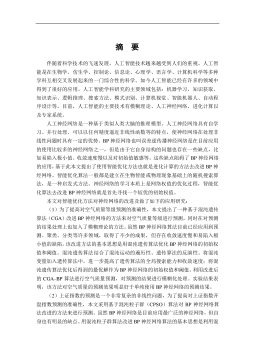
 2025-01-09 16
2025-01-09 16 -
鲜切哈密瓜保鲜技术研究VIP免费
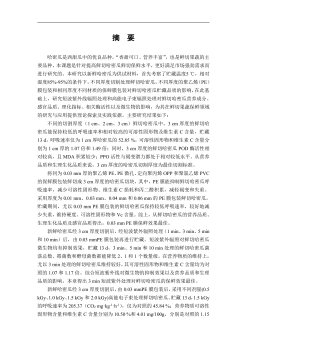
 2025-01-09 29
2025-01-09 29 -
小城镇道路网级配方法及应用研究VIP免费
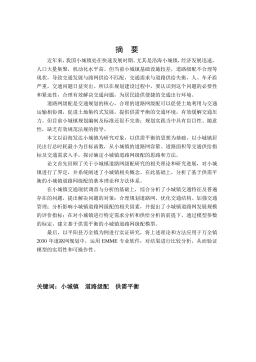
 2025-01-09 14
2025-01-09 14 -
医学信息集成测试系统的研究与实现VIP免费
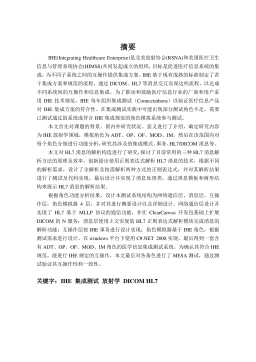
 2025-01-09 18
2025-01-09 18 -
余热驱动氨水吸收式制冷系统的理论及实验研究VIP免费
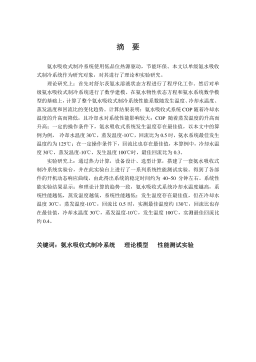
 2025-01-09 11
2025-01-09 11 -
喷雾降温技术适用性及热环境研究VIP免费
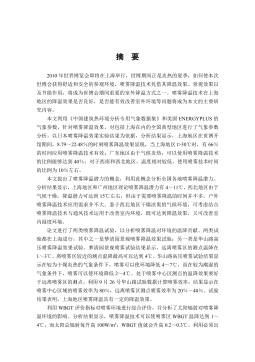
 2025-01-09 13
2025-01-09 13 -
收缩—扩张喷嘴的气泡雾化数值模拟VIP免费
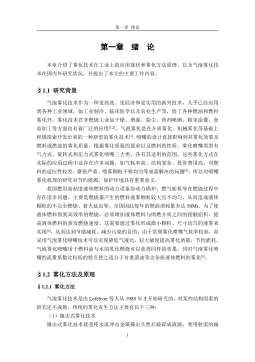
 2025-01-09 24
2025-01-09 24 -
支持供应链的工作流系统结构及其计划与调度的研究与应用VIP免费
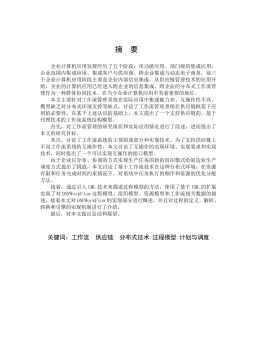
 2025-01-09 43
2025-01-09 43
相关内容
-

医学信息集成测试系统的研究与实现
分类:高等教育资料
时间:2025-01-09
标签:无
格式:PDF
价格:15 积分
-

余热驱动氨水吸收式制冷系统的理论及实验研究
分类:高等教育资料
时间:2025-01-09
标签:无
格式:PDF
价格:15 积分
-

喷雾降温技术适用性及热环境研究
分类:高等教育资料
时间:2025-01-09
标签:无
格式:PDF
价格:15 积分
-

收缩—扩张喷嘴的气泡雾化数值模拟
分类:高等教育资料
时间:2025-01-09
标签:无
格式:PDF
价格:15 积分
-

支持供应链的工作流系统结构及其计划与调度的研究与应用
分类:高等教育资料
时间:2025-01-09
标签:无
格式:PDF
价格:15 积分


